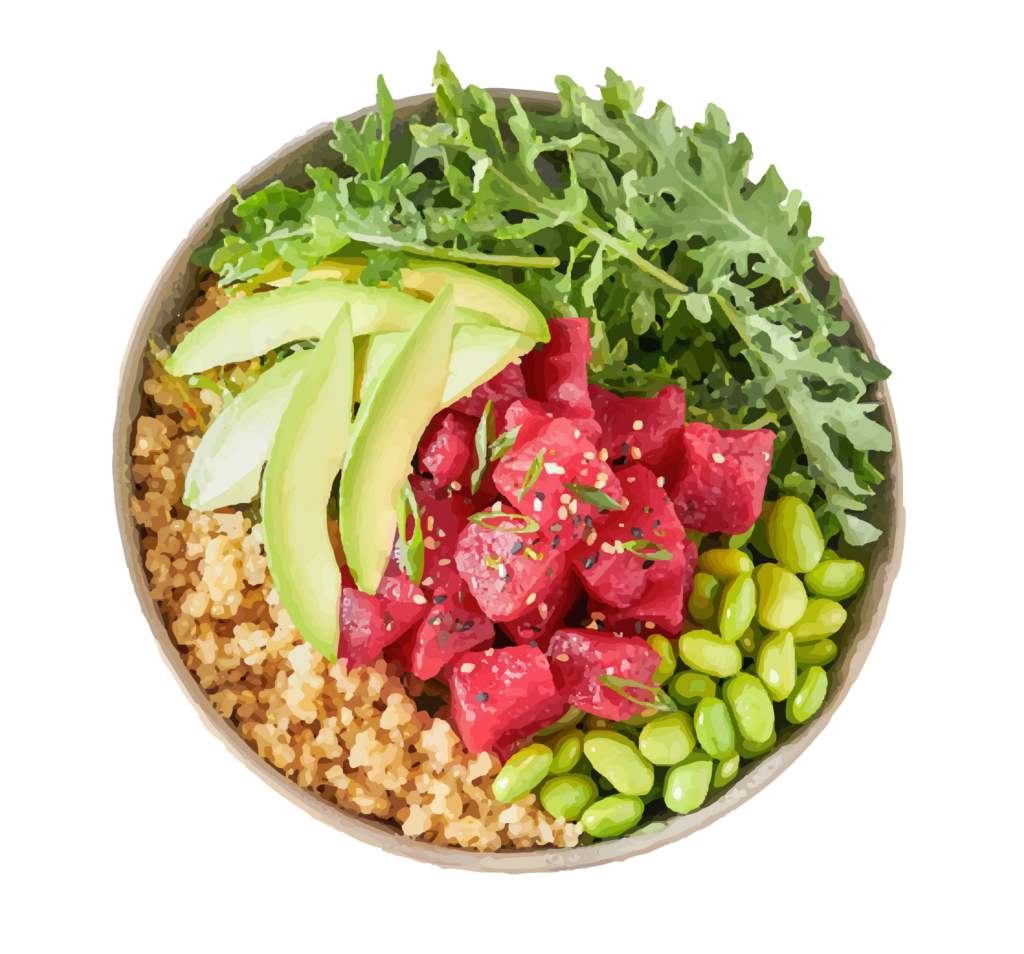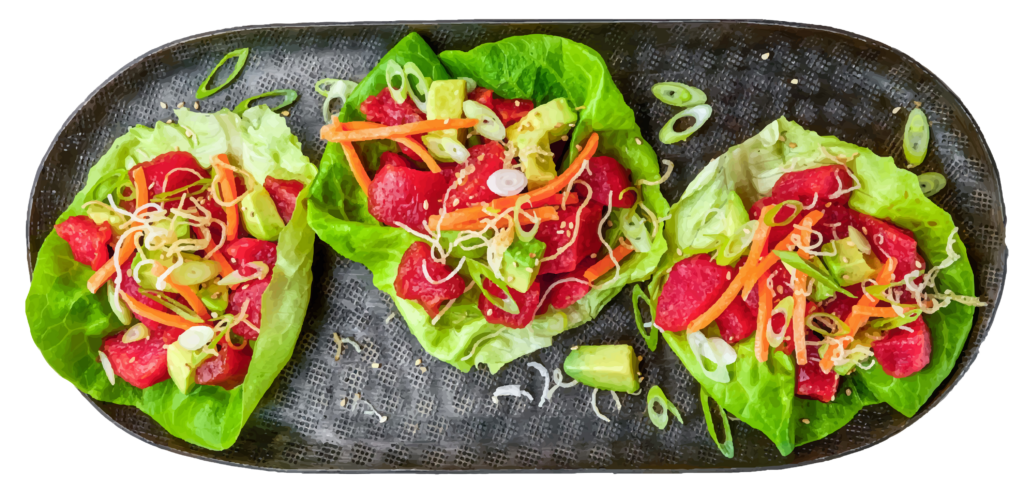
Speeding the Path from Lab to Table
By Paula M. Bodah
April 2023

The next time you order sushi or a poke bowl, don’t be surprised if that delicious, flaky fish came out of a bioreactor rather than the ocean. In 2022, Finless Foods, the California company that produces plant-based and cell-cultured tuna, launched its first official product, signing on with Gordon Food Service to distribute its plant-based poke-style tuna to restaurants across the country.
That’s big news, but it’s only one of the company’s recent accomplishments. As 2022 wound down, the foodtech company finished preparations to appeal to the Food and Drug Administration for regulatory approval of their other tuna product, a cell-cultured tuna. The fact that the FDA had just given approval for the first time to a company producing lab-grown chicken gave Finless Foods Co-Founder and CEO Michael Selden cause to be optimistic. The wheels of government grind slowly, but Selden says he expects a decision in early 2024.
Financing is a continual challenge, made more difficult by a general slowdown in funding for lab-grown food products.

Meanwhile, the company is growing fast, nearly doubling its staff to about 50 people in the past year. No doubt that’s a positive, but it inevitably causes a culture shift, Michael admits. “The question is, do you actively evolve it or do you let it evolve naturally? We committed to an active evolution,” he says. “We’ve worked cultural questions into the interview process: What do people want their work-life balance to be; how do they communicate with others? It’s a more holistic process.”
Financing is a continual challenge, made more difficult by a general slowdown in funding for lab-grown food products. “All alternative proteins are struggling,” says Michael. Some alt-meat companies had strong IPOs and raised a lot of money, then weren’t able to produce the expected results, he explains, leading to falling stock prices. “The correction has scared some people off from investing,” he says. “We think it’s better to play the long game and not shoot for the most money you can get with every ask. We have an evaluation that makes sense, we have enough money, and we’ll raise the next money. I feel positive about our direction.”

Michael considers alt-seafood products a complement to conventional seafood, giving consumers options while helping to protect the health of the ocean and the sustainability of the seafood landscape. Given that global tuna populations declined by an estimated 60 percent over the last half-century, does he feel a sense of urgency in his mission?
“We think it’s better to play the long game and not shoot for the most money with every ask,” Selden says. “This is a marathon, not a sprint.”
“This is a marathon, not a sprint,” he says. “The ocean is in danger, but we need to make sure we have the best strategy.”
